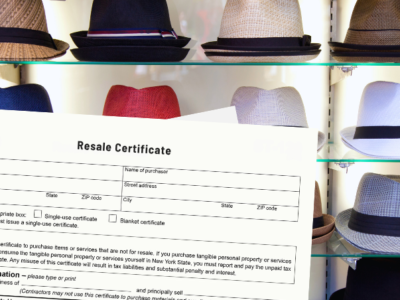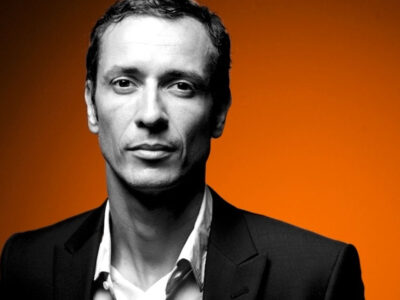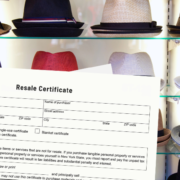
When should you undertake Income Taxation as part of your preparedness for embarking on the tax system? The IRS wants you to start sooner rather than later. If you love this course and when taken, what additional tax courses should you undertake? This article describes (1) the required tax courses you should undertake if you love this course, and (2) the extra tax courses which may be useful to you in this regard.
There are a large variety of professional tax courses in Toronto which are available to suit the needs of almost any professional with an interest in taxation. The three most common tax courses taught at both the bachelor and the master degree level are the Bachelor of Laws (LLM) program and the Advanced Taxation course.
At each of these levels, students can expect to complete one year of specialized study and the remainder of two years of general studies. Some advanced tax courses such as the CCHP or the CPT, are available only to people working in an accounting or bookkeeping position and therefore not open to the full range of taxation opportunities offered through these professional tax courses.
The four basic tax courses which you should take are Income Taxation, Business and Professional Responsibility, Business Environment and Taxation, and International Business. What do these courses offer you? For the first two years, you will study basic principles of taxation and take income, expenses, and other types of receipts and payers’ statements.
In addition to this, students will consider take income tax laws, take income tax planning, and take relevant field experience through internships, college internships, or similar programs. At the end of the two-year course, students will be expected to write an original paper on a specific topic related to income tax law.
The next course to consider is Business Environment and Taxation. At this point, students will learn about local, state, and federal tax issues that impact businesses. These include issues such as sales taxes, property taxes, and payroll taxes. Students will also learn about issues such as corporate tax planning, franchise tax, and prepaid business invoices. With this degree, you will be prepared to communicate effectively with your employees, other tax preparers, and accountants to resolve issues that may arise.
The next course to consider is the LLM or the Bachelor of Laws. At this point, students will study the various laws that govern both corporations and individuals. Examples include the Internal Revenue Code, Franchise Tax Act, and Internal Revenue Code Part 75. At the end of this two-year program, students will be required to take and pass the Certified Taxes Resume. This test will require students to complete 12 credits of advanced tax courses.
Students should also consider taking courses on public speaking in addition to their advanced tax courses. Some areas may not afford you the chance to visit a city planning board or other local governing body. While you are attending classes and working on your report, you might want to make a few visits to various city planning bureaus. While these trips do take some time away from work, they can help you prepare for these meetings before they occur.
Once you have obtained your degree from an LMS, or licensed practical/vocational nursing program you will likely find yourself employed in a variety of healthcare settings. You may work in an assisted living facility, a rehabilitation center, a prison, a doctor’s office, or even a dentist’s office.
No matter where you end up, you will be qualified for a variety of positions based on your education level and training. With an LMS, you will graduate, get certified, and receive your first part-time LPN. If you choose to take classes at an LMS that specializes in tax courses, you will finish your degree and obtain the tax license required to work in your chosen profession.












